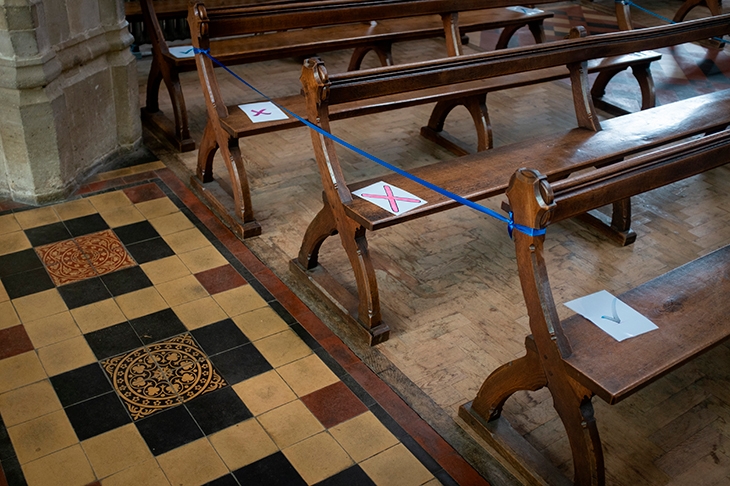Paradise lost
Sir: After reading Jonathan Beswick (‘Critical mass’, 16 January) I am writing to express the shame I feel as a lifetime member of the Church of England at our Church’s attitude to this pandemic.
Here was the greatest opportunity in 70 years to demonstrate care for our fellow people, to advertise our faith and love and to keep the Church in the public eye.
Already a subscriber? Log in
Subscribe for just $2 a week
Try a month of The Spectator Australia absolutely free and without commitment. Not only that but – if you choose to continue – you’ll pay just $2 a week for your first year.
- Unlimited access to spectator.com.au and app
- The weekly edition on the Spectator Australia app
- Spectator podcasts and newsletters
- Full access to spectator.co.uk
Or
Unlock this article
You might disagree with half of it, but you’ll enjoy reading all of it. Try your first month for free, then just $2 a week for the remainder of your first year.














Comments
Don't miss out
Join the conversation with other Spectator Australia readers. Subscribe to leave a comment.
SUBSCRIBEAlready a subscriber? Log in